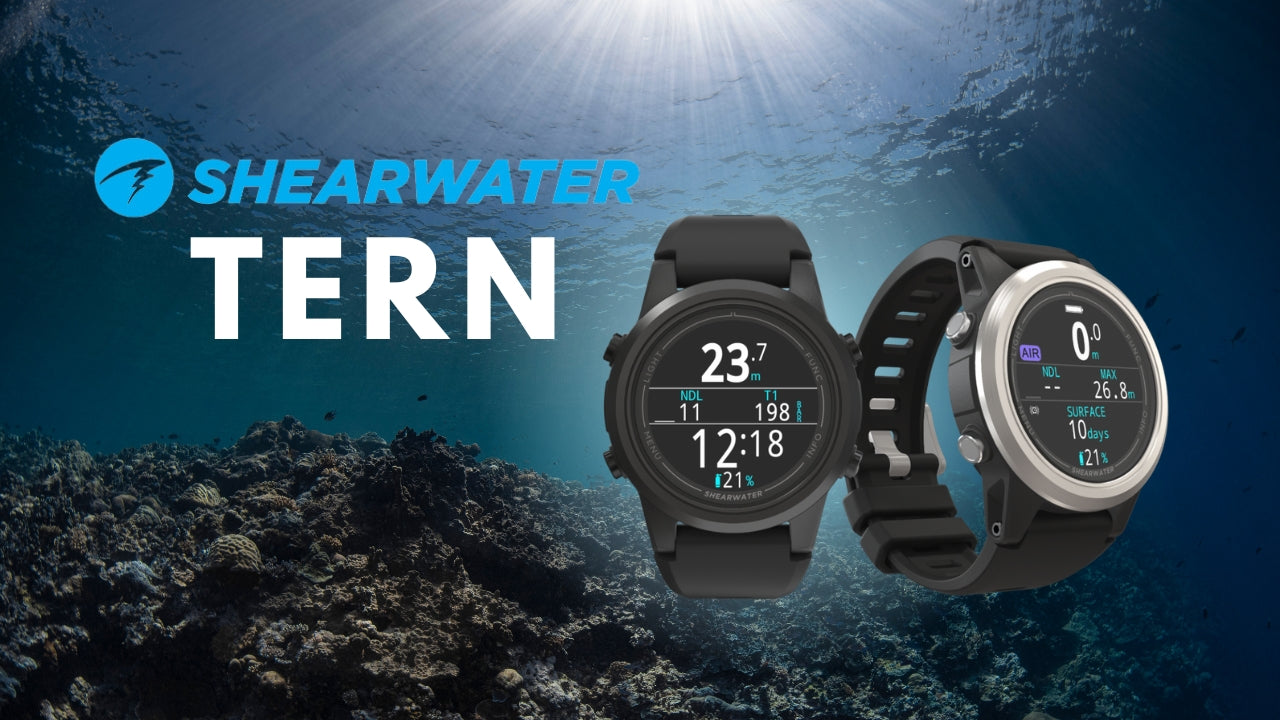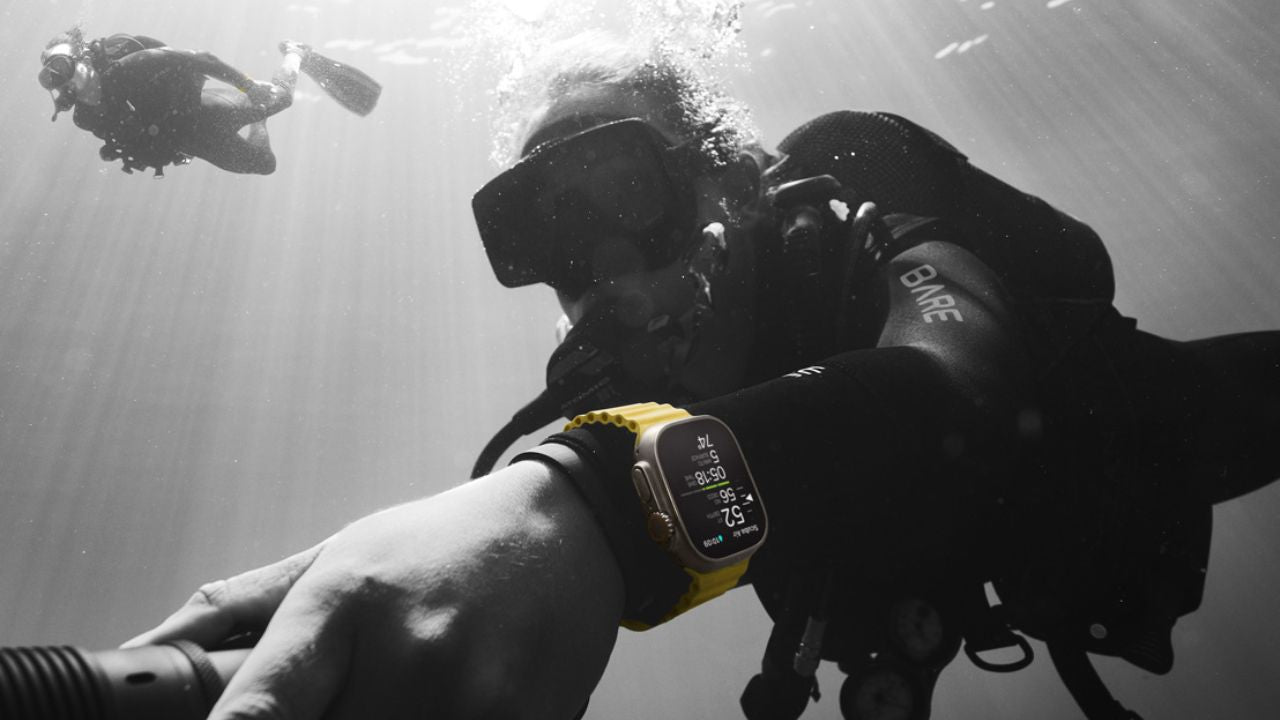Dive Logbook: Why You Should Keep One

The whole diving process is an amazing adventure with a never-ending amount of beautiful moments you’d like to remember and important details you need to keep in mind. There is a saying: a simple pencil is more dependable than the sharpest mind. Certainly, it is not meant to underestimate the greatness of our intelligence. The matter is that we humans tend to forget things. As our brain functions within certain limited resources, it naturally filters out so many little details even of the most beautiful experiences. Thus, if diving is not just a one-time thing for you and you want to improve your skills or even become a professional, it is highly advisable to keep track of your practices, hence the need for a logbook. In fact, there are many more reasons why you should keep a logbook. Let us look at a few of them.
Why do you need a logbook?
1. Prove your dive experience.
Some dive shops will not allow you to get on a boat with them without seeing your dive logs first. They want to know the number and the type of dives you’ve done to make sure that your experience level really fits this specific boat trip or that challenging dive site. Furthermore, if you are planning to acquire advanced certifications, you’ll need to show some proof as well. Your dive logbook provides all the necessary information in this regard. Therefore, a logbook is a key asset for both new and experienced divers.
2. Make a reference for your future dives.
One of the most important parts of your dive experience is preparation. Sometimes it can be quite time-consuming to estimate how much weight you need, to think over what type of gear you must use, and prepare everything according to dive site conditions. If you are planning to explore a particular dive site a couple of times, it is not wise to waste your dives experimenting with your weight and equipment. A simple logbook will be a huge help for you. After the first dive, record all the essential information, such as water temperature, proper weight, the gear you really need, and the configuration you’ve used, unique dive conditions, time of day, and so on. All these records will spare you from wasting your precious time while preparing for your next dive.
3. Improve your diving skills.
If you do record your dives on a regular basis and use those notes as a reference, each new dive gets more and more efficient. Any skill requires constant betterment, and diving is no exception here. The best way to move forward is to keep track of your previous experiences. Record everything - what you’ve done wrong, what was great, what was okay and could have been better. For example, you notice that you run out of gas too fast and you want to improve your air consumption. Set it as your goal and record all the related details each time you immerse underwater. Compare different diving conditions and notice how they affect your air consumption. In general, whatever improvement you feel you need, set it as your goal and use your logbook as an instrument for achieving it.
4. Remember fish spotted.
The beauty of marine life is one of the reasons why we are diving in the first place. It is so much more fun if you can identify the species you encounter. You can share this information with other divers so they know what to expect at a specific dive site. If you do not recognize the fish you see, you can easily look them up after your dive. It is another aspect that can be improved along with your diving skills. Take notes of the fish you see: size, body structure, colors, behavior, depth of encounter. After the dive use some fish books, forums, or a Facebook group (e.g. ID Please (Marine Creature Identification)).
Even if you did not see any fish or anything interesting, write it down as well for your future references.
5. Improve your underwater photography.
Underwater photography isn’t an easy endeavor in itself. Anyone who’s tried it at least once will confirm that it requires some knowledge and a certain level of understanding of how light works and how water properties can alter the resulting image. You have to understand what type of gear you need for particular lighting conditions and what configurations are required at different depths. Underwater photography is another skill, technique, and art comprising a bunch of details one must keep in mind. A logbook is a perfect instrument for improving your underwater shots. Write down what kind of gear you used, what were the lighting conditions, depth, distance to the subject, time of the day, weather, white balance, your camera settings, and any other details you find important. If the shots you make are not satisfactory, make a quick note of what went wrong. It will help you not to repeat the same mistake again.
6. Remember your buddy.
Your teamwork with your buddy is also a relevant aspect of your underwater trip. You can write down who was with you, his/her contact details, what you liked or did not like about your cooperation, how you felt in his/her presence, and so on. It will definitely be helpful for your next dives together.
7. Create a connection.
There is already a connection between divers as all of us share this mutual passion for diving. There are many ways to enhance this connection though, and one of them is making dive logs together. For instance, you are diving as a group and after the dive sit together and each of you creates some notes. Creating your logs online, sharing them, and discussing details is another way to strengthen the bond.
What type of logbook do you need?
In our hyper-technological era, everything goes digital giving us more options to choose from. Thus, you can use a paper logbook, smartphone applications (electronic version), or log your dives by using your dive computer. The first one is an old and reliable way of doing things, which gives you a feeling of real interaction in an authentic way. With the last two, you can create digital logs very fast and in an easy way. You can even add photos and videos to your logs. Additionally, your instructor can digitally sign your dive logs.
With electronic versions, you’ve got two options for storing your logs: on your hardware or on the “cloud” - a remote server that allows you to access your logs from different devices. Some of these “cloud” systems even have a social media aspect, offering platforms where you can share your logs, upload pictures, rate others, etc.
With a dive computer, you can upload your dive information into an electronic log. Here you also can store your data both on your computer and on a cloud. Most of the dive computers provide an unbelievable amount of data that can be easily transferred to your logs in just a few taps.
Whether you keep a paper version of your logbook or a digital one is solely your personal decision. Some people like the bells and whistles that the electronic logbooks have to offer, as well as find it is easier to store all the info in one place, without carrying volumes of writings along. Whereas others prefer this real touch of handwriting on paper. Besides, even if you record your logs digitally, paper logbooks are inexpensive and provide a valuable analog backup in case something happens to your devices. The important thing is that one way or another you keep track of your experience and strive towards improvement.



![9 Best Dive Computers in 2024 [Reviewed & Updated] - DIPNDIVE](http://dipndive.com/cdn/shop/articles/best_computers2.jpg?v=1658752532)
